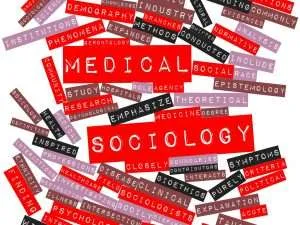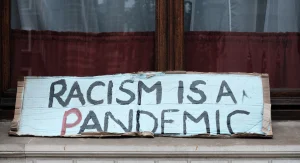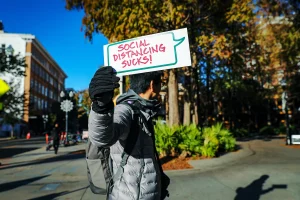Urban sociology is the sociological study of cities and urban life. It is a sub-discipline of sociology that examines the social, historical, political, cultural, economic, and environmental forces that have shaped urban environments. You can stay up-to-date with Urban sociology research with the American Sociological Association’s peer reviewed journal called City and Community.
In short, Urban sociologists use a variety of methods, including statistical analysis, observation, archival research, and interviews, to study a range of topics, such as poverty, racial residential segregation, economic development, migration and demographic trends, gentrification, homelessness, blight and crime, urban decline, and neighborhood changes and revitalization.
History of Urban Sociology
Urban sociology emerged as a distinct field of study in the late 19th century, as cities began to grow rapidly in size and complexity. One of the earliest and most influential urban sociologists was Georg Simmel, who argued that the unique features of urban life, such as its diversity and density, led to a distinctive form of social interaction characterized by anonymity, impersonality, and competition. Other early urban sociologists, such as Louis Wirth and Robert Park, also emphasized the importance of space and place in shaping urban life.
We have published a couple different articles on our website that stem from the theories of urban sociologists like Wirth and Park. For example our article titled Placemaking and National Forests: Sociology of Public Land, or this other article titled The Third Place: India’s Cafe Culture(s) & Vidyarthi Bhavan.
Major Concepts in Urban Sociology
There are a number of major concepts that are central to urban sociology. Here is a quick glance at a few of the most significant urban sociology terms.
- Urbanization: The process by which people move from rural areas to cities.
- City: A large, densely populated area with a diverse population and a variety of economic, social, and cultural institutions.
- Neighborhood: A smaller unit within a city that is characterized by a shared sense of identity and community.
- Social disorganization: A condition in which the social norms and institutions of a neighborhood are weakened or absent, leading to increased crime, poverty, and other social problems.
- Gentrification: The process by which a neighborhood is transformed from a low-income area to a more affluent one, often displacing longtime residents.
- Urban sprawl: The uncontrolled growth of cities outward, leading to the development of low-density housing and commercial areas.
- Sustainable cities: Cities that are designed to meet the needs of their residents without compromising the environment.
The Study of Cities and Communities Today
Urban sociology is a vibrant and growing field of study. Urban sociologists are working on a wide range of issues, including climate change, immigration, and social inequality. They are also using new technologies, such as geographic information systems (GIS) and social media, to study urban life.
One example of how technology has improved urban sociology today is through the method of photovoice. Photovoice is a process where residents use their phones and cameras to capture their daily experience living in a community. They are then able to annotate their photos and share those experiences with local government and other decision-makers in communities.

The field of urban sociology is important because it helps us to understand the challenges and opportunities of urban life. It also provides us with the tools to create more livable and sustainable cities.
Final Thoughts on Urban Sociology
Urban sociology is a complex and fascinating field of study. It is a field that is constantly evolving as cities continue to grow and change. Urban sociologists play an important role in understanding and addressing the challenges and opportunities of urban life.
Urban sociology is valuable in many practical applications but one of the most important might be in city planning. Have skills and knowledge of urban sociology would provide city planners with a leg up in making decisions that would improve the well-being of their cities.







